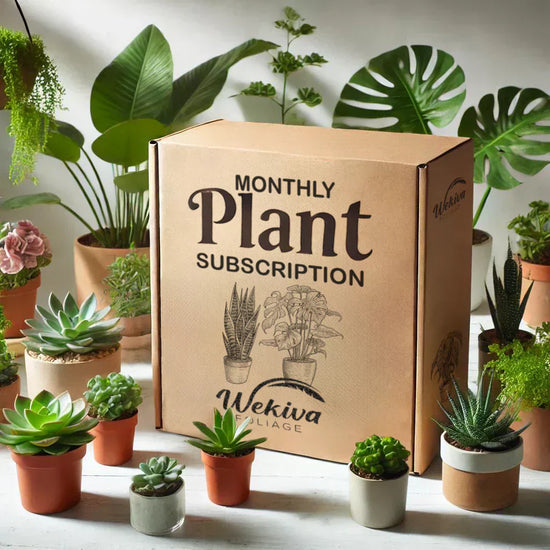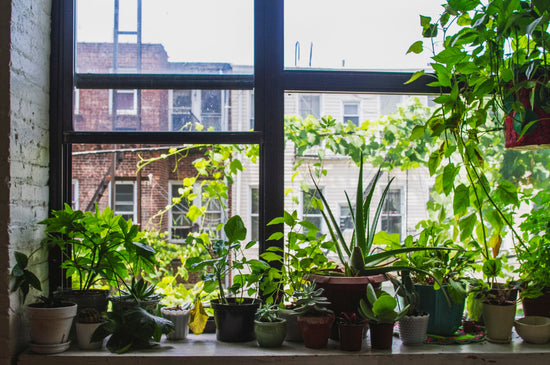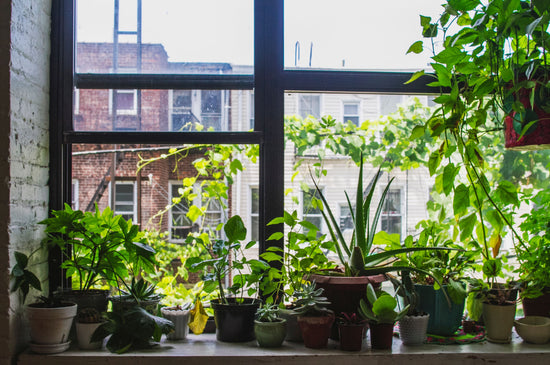From Grove to Table: Mastering Citrus Cultivation in Florida
Florida's warm climate and fertile soil create the perfect environment for growing citrus. Whether you're cultivating a vibrant lemon tree or experimenting with exotic varieties, citrus gardening offers an enjoyable and rewarding experience. With a little knowledge and effort, you can transform your backyard into a lush citrus grove that produces juicy, flavorful fruits for your table.
Why Florida is Ideal for Citrus Growing
Florida's subtropical climate provides consistent sunlight, mild winters, and well-drained sandy soils, all of which are ideal for citrus trees. However, understanding the unique needs of these trees is key to maximizing their growth and fruit production.
Popular varieties like the Meyer Lemon Tree, Calamondin Orange Tree, and Persian Lime Tree thrive in this environment, delivering exceptional results when cared for correctly. For those interested in diversifying their gardens, the Australian Finger Lime Tree is a fascinating addition known for its caviar-like fruit.
Selecting the Right Citrus Varieties
The first step to successful citrus cultivation is choosing the right trees for your space and climate. Here are some top choices:
- Meyer Lemon Tree: This hybrid of lemon and mandarin orange is slightly sweeter and thrives in Florida's climate. It’s perfect for backyard gardens or container planting. Learn more about Meyer Lemon Trees.
- Calamondin Orange Tree: A compact and ornamental tree, its tart fruits are perfect for marmalades and garnishes. Explore Calamondin Trees.
- Cocktail Tree (Lemon and Lime): This unique tree produces both lemons and limes, making it a versatile addition to any garden. Discover the Cocktail Tree.
- Variegated Pink Eureka Lemon Tree: Known for its striking foliage and pink-tinged lemons, this tree adds visual interest to any landscape. Shop Variegated Pink Lemon Trees.
- Persian Lime Tree: A seedless and fragrant lime variety, it’s perfect for cocktails, cooking, and more. View Persian Lime Trees.
Planting and Growing Citrus in Florida
Proper planting and care are crucial for your citrus trees to thrive. Here’s what you need to know:
- Planting Location: Choose a spot with full sun, as citrus trees need at least six hours of sunlight daily. Ensure the area has well-drained soil to prevent root rot.
- Soil Preparation: Add organic matter to sandy soil to improve nutrient retention. Test the pH to ensure it is between 6.0 and 7.0.
- Planting Depth: Avoid planting trees too deeply. The root ball should be level with the soil surface.
- Spacing: Leave enough room between trees to allow for proper air circulation, which helps prevent diseases.
Essential Citrus Care Tips
- Watering: Young trees require frequent watering to establish roots, while mature trees need watering only during dry spells.
- Fertilization: Use a citrus-specific fertilizer to supply essential nutrients. Apply three times per year in spring, summer, and early fall.
- Pest and Disease Management: Common pests like aphids and citrus mites can be managed with organic treatments like neem oil. Inspect trees regularly for signs of disease.
Benefits of Growing Citrus at Home
Homegrown citrus fruits are fresher and more flavorful than store-bought options. Growing your own allows you to enjoy a variety of unique fruits, from the sweet Meyer lemon to the tangy calamondin. Plus, citrus trees are visually stunning and add beauty to your landscape.
Where to Source Quality Citrus Trees
For high-quality trees, Wekiva Foliage offers a diverse selection of citrus trees, including the Hamlin Orange Tree and the Rangpur Lime Tree, known for their exceptional productivity.
FAQ
Q: How much sunlight do citrus trees need?
A: Citrus trees thrive in full sun, requiring at least six hours of direct sunlight daily.
Q: Can I grow citrus trees in containers?
A: Yes, trees like the Meyer Lemon Tree are ideal for container gardening and can be moved indoors during cold weather.
Q: What is the best time to plant citrus in Florida?
A: Late winter to early spring is the best time to plant citrus, as it gives the trees time to establish before the summer heat.
Q: How do I prevent citrus diseases?
A: Choose disease-resistant varieties, maintain proper spacing for airflow, and inspect trees regularly to catch any issues early.
Q: Can citrus trees survive frost?
A: Citrus trees are sensitive to frost. Protect them by covering with frost cloths or moving container trees indoors during cold spells.
By following these tips and sourcing your citrus trees from trusted suppliers like Wekiva Foliage, you can enjoy a bountiful harvest of fresh, juicy fruits while enhancing your outdoor space. From grove to table, the possibilities are endless!





